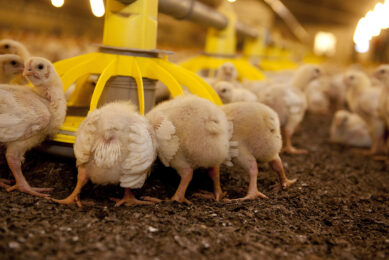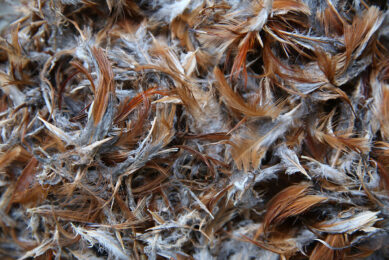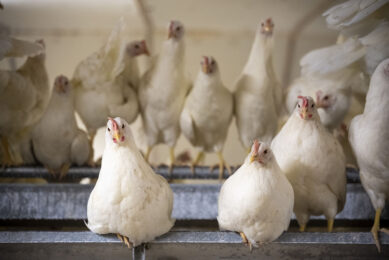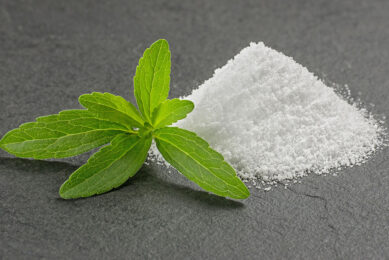Research: Probiotics and direct fed microbials in poultry
Combined American/Argentinean research looked at the effects of using probiotics/direct fed microbials for salmonella control in poultry.
In this paper the researchers summarize the safety and efficacy of individual monocultures for prophylactic and/or therapeutic efficacy against Salmonella infections under both laboratory and field conditions.
They also describe the development of novel, cost-effective, feed-stable direct fed microbials (DFM) with potential for widespread utilization and improved production, delivery and clinical efficacy for animal use.
Bacterial antimicrobial resistance in both the medical and agricultural fields has become a serious problem worldwide.
During the last 15 years, the laboratories of the University of Arkansas and Vetanco SA in Buenos Aires have worked towards the identification of probiotic candidates for poultry.
The search was for candidates who can actually displace Salmonella and other enteric pathogens that have colonized the gastrointestinal tract of chickens and turkeys.
It was indicated that the selection of therapeutically efficacious probiotic cultures with marked performance benefits in poultry is possible.
Attractive alternative
They also concluded that defined cultures can sometimes provide an attractive alternative to conventional antimicrobial therapy.
The studies have been focused on specific pathogen reduction, performance under commercial conditions, and effects on both idiopathic and defined enteritis.
It was confirmed that selected heat-resistant spore-forming Bacillus species can markedly reduce Salmonella and Clostridium when administered in very high numbers.
Cost effective inclusion
The scientists developed a novel and simple technique for obtaining cultured Bacillus spore counts, providing a cost-effective feed-stable inclusion in commercial poultry diets.
In order to select even more effective isolates, they are still currently focused on the mechanistic action of the Lactobacillus probiotic previously developed as well as new Bacillus candidates.
Current indications are that mechanism of action involves rapid activation of innate host immune responses, providing an exciting possibility for identification of vastly superior and more potent probiotics.
In order to read the full report you have to purchase it.
Join 26,000+ subscribers
Subscribe to our newsletter to stay updated about all the need-to-know content in the feed sector, three times a week. Beheer
Beheer









 WP Admin
WP Admin  Bewerk bericht
Bewerk bericht